15 Things Pet Owners Do That Vets Find Really Annoying
Veterinarians have seen it all, but some habits can make a veterinarian’s job far harder than it needs to be. And while pets bring the unpredictability, it’s often their humans who make vet visits harder than they need to be. Most pet owners just don’t always realize how their behavior affects the staff and their own animal’s care.
By avoiding a few annoying habits, we can ensure a less stressful experience for everyone involved.
Taking a Phone Call Mid-Exam
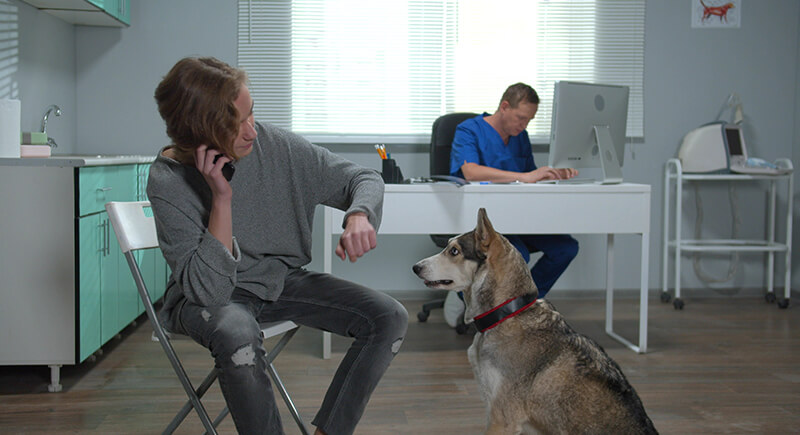
Credit: iStockphoto
Right as your vet starts explaining the diagnoses or medications, your ringtone interrupts the moment. Answering the call, or worse, making one mid-consult, is both distracting and disrespectful for vets, and makes it easier to miss critical details about your pet’s care plan.
Letting Dogs Pull on Retractable Leashes
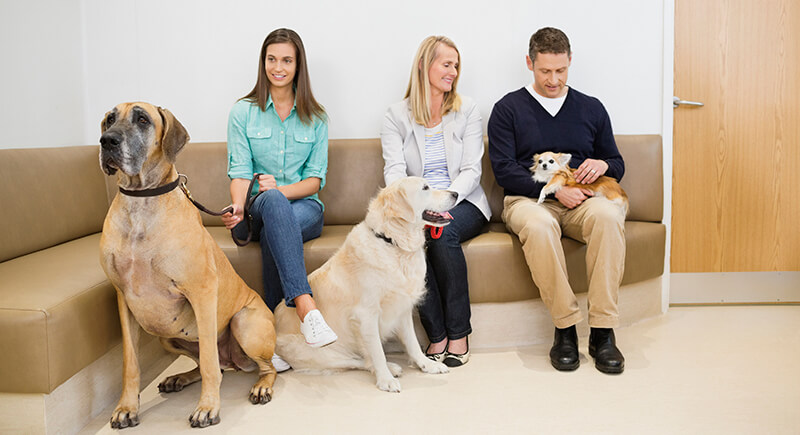
Credit: iStockphoto
There’s a reason vet clinics dread these plastic zip lines. When a dog zips 10 feet away in a packed waiting room, it can be downright dangerous. Retractable leashes have caused everything from bruised shins to full-on dog brawls. Keep it short and under control, especially around stressed animals.
Bringing Cats In Without a Carrier

Credit: iStockphoto
Cats are far more secure when confined, especially around barking dogs or sudden movement. Carrying a cat in your arms or using a loose harness can lead to escapes or injuries. Even calm cats can panic in a vet’s office. A solid, enclosed carrier is the safest choice for everyone involved.
Refusing Diagnostic Tests but Wanting a Clear Answer
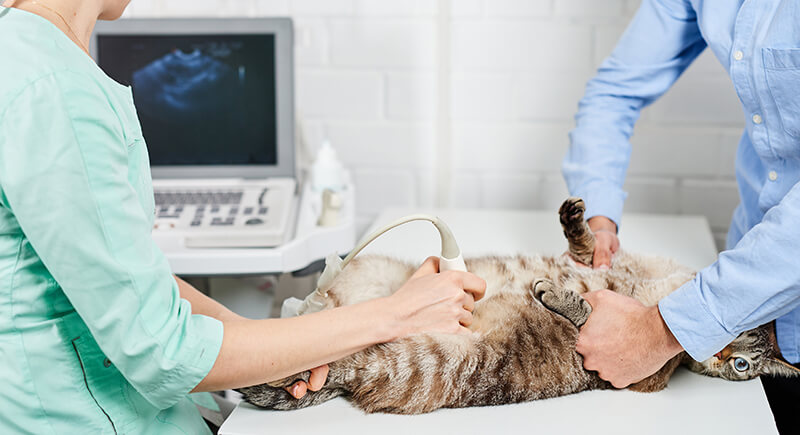
Credit: iStockphoto
Vets cannot diagnose diseases without running tests. Saying no to bloodwork or X-rays but asking for a rock-solid diagnosis is absurd. Tests exist for a reason, as they guide treatment and catch things you can’t see.
Turning Vet Visits Into Daycare
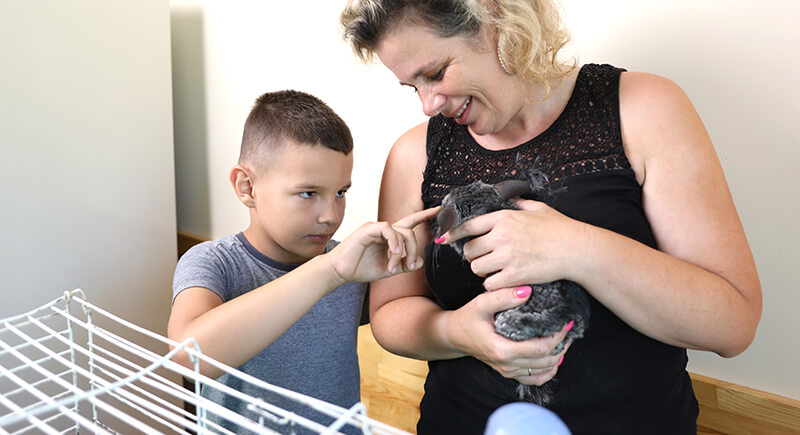
Credit: iStockphoto
When kids start poking their fingers through kennel bars or twirling on the stool meant for blood draws, the room becomes a safety hazard. The goal is to prevent chaos and keep stressed animals from reacting. Routine visits are smoother when kids stay home.
Tuning Out Care Instructions

Credit: iStockphoto
Forgetting a step or needing clarification is understandable. Ignoring medical instructions entirely is different. Vets often find out after the fact that a pet didn’t receive medication or follow-up care as prescribed. If something doesn’t seem doable, say so. There’s usually an alternative, but only if you speak up.
Refusing to Discuss Budget Honestly

Credit: iStockphoto
Veterinarians understand that cost matters. But when clients won’t say they’re financially limited, it wastes time and narrows treatment options. If money is tight, let the vet know early. They may be able to offer alternatives or phased care. The sooner the conversation happens, the more helpful they can be.
Downplaying Symptoms or Denying Obvious Problems

Credit: iStockphoto
“He’s just thick.” “She always breathes like that.” Vets hear these lines often, usually while examining a pet that’s clearly struggling. Minimizing symptoms delays help and can complicate treatment. Being upfront, even if it feels embarrassing, makes it easier for your vet to respond quickly and with the right plan.
Prioritizing Anecdotes Over Medical Advice

Credit: Wikimedia Commons
Citing advice from a neighbor, a YouTube channel, or a dog park regular can derail real treatment. Vets have training and medical history that’s essential for fixing the problem. Overruling them based on something your cousin’s roommate once tried may seem harmless, but it can put your pet at real risk.
Trying to Buy Prescription Meds Without an Exam
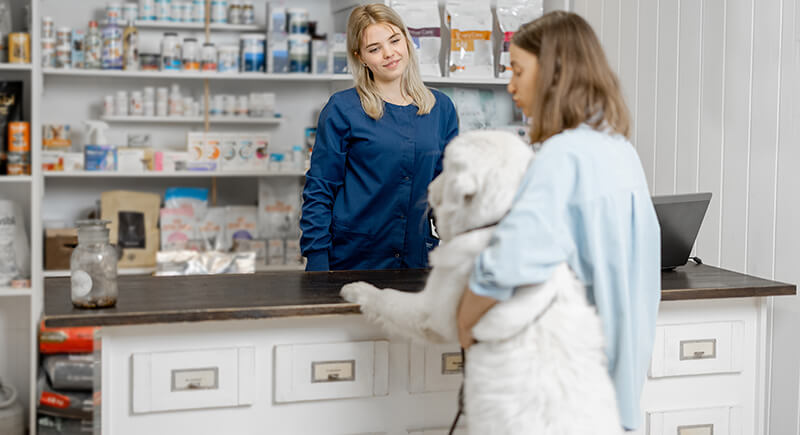
Credit: iStockphoto
Some owners walk in expecting to stock up on ear drops or allergy pills “just in case.” Problem is, pets change weight, reactions, even the diagnosis. Prescriptions require current evaluations for a reason. Skipping that step puts both your pet and the clinic in a bind, legally and medically.
Treating Vets Like Salespeople

Credit: iStockphoto
Assuming every treatment suggestion is a sales pitch is exhausting for people who entered this field for care, not commission. Vets already deal with emotional weight daily. Accusing them of upselling when they’re trying to help can erode trust and derail effective communication.
Delaying Care Until Things Are Critical

Credit: iStockphoto
There’s a heartbreaking pattern vets know too well, which is a minor limp ignored until it becomes a full-blown injury. Emergencies that could’ve been manageable often arrive too late for simple fixes. Addressing problems early saves money and suffering. Waiting makes everything more urgent and expensive.
When the Wrong Person Brings the Pet
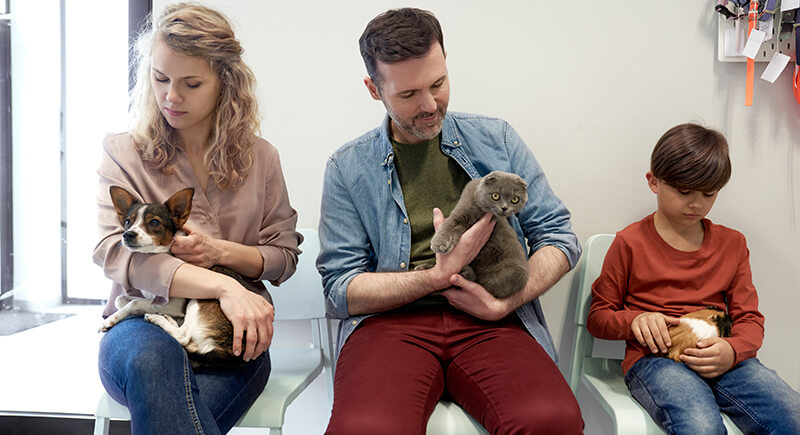
Credit: iStockphoto
A dog shows up with a sibling, or a cat arrives with a roommate, and suddenly no one in the room can approve treatment or answer basic medical questions. Without the decision-maker, vets can’t move forward. It stalls care, wastes time, and leaves the pet in limbo.
Pushing Past the Point of Kindness
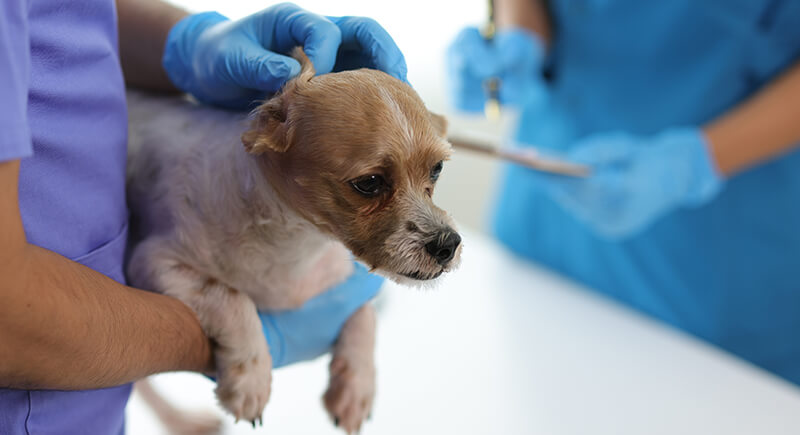
Credit: iStockphoto
Vets see when a pet’s body has had enough. Owners sometimes hold on with endless procedures, hoping for one more week or month. The problem is, aggressive treatment can mean more suffering than comfort. Compassionate care isn’t just about what can be done — it’s also about knowing when to stop.
Walking Out Without Paying

Credit: iStockphoto
It happens more often than most people think: a procedure goes ahead, the pet is treated, and then the owner claims they “forgot the wallet” or didn’t realize the cost. For clinics working on razor-thin margins, that’s not a small loss. Skipped bills strain the relationship and can even affect the care other pets receive.